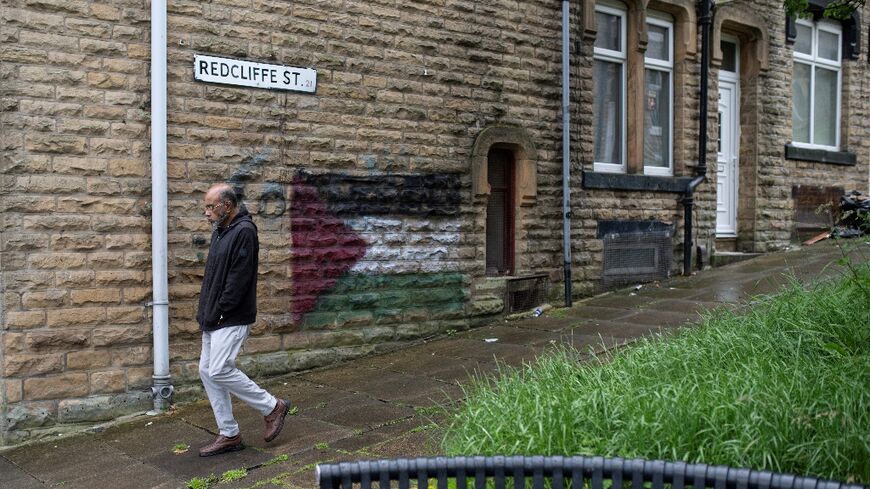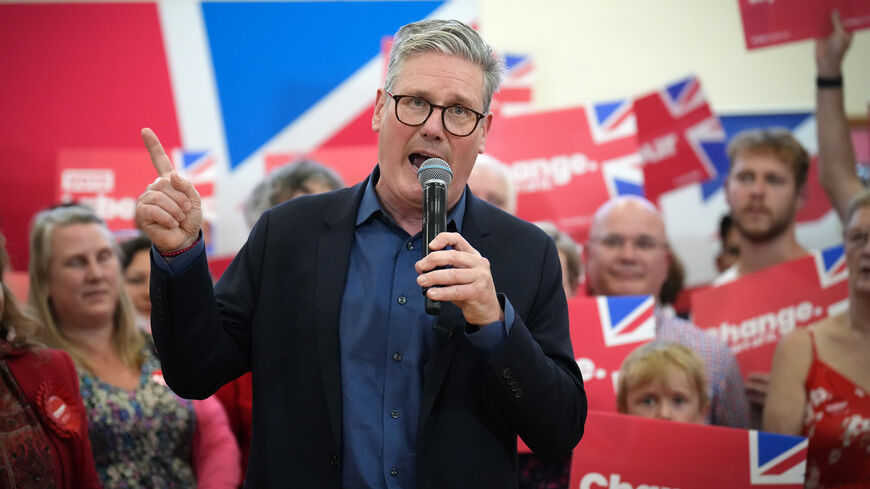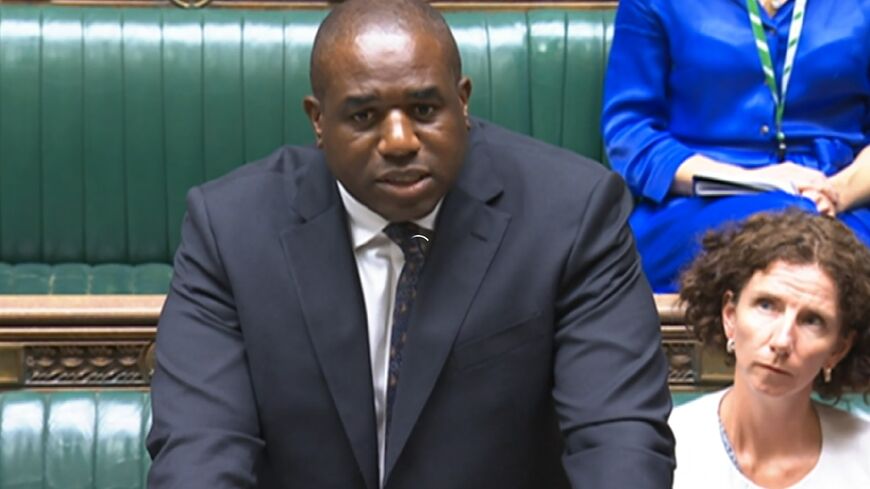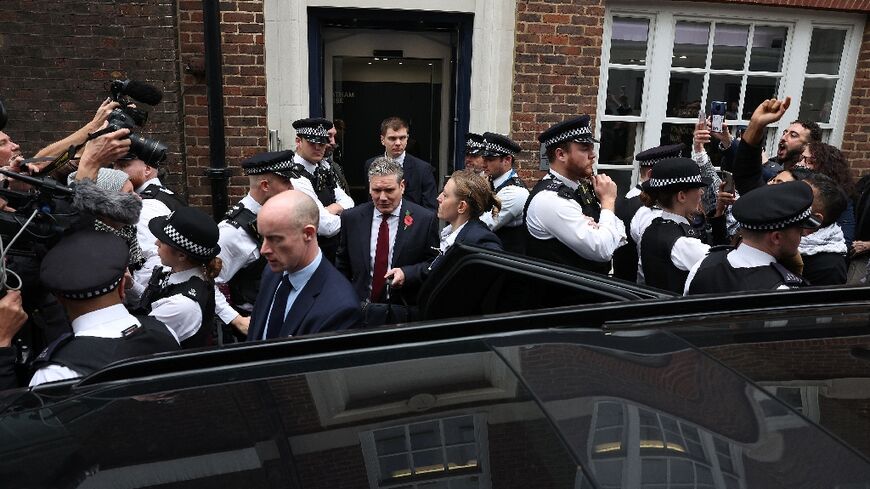UK Labour leader hits back at critics over Israel-Hamas stance
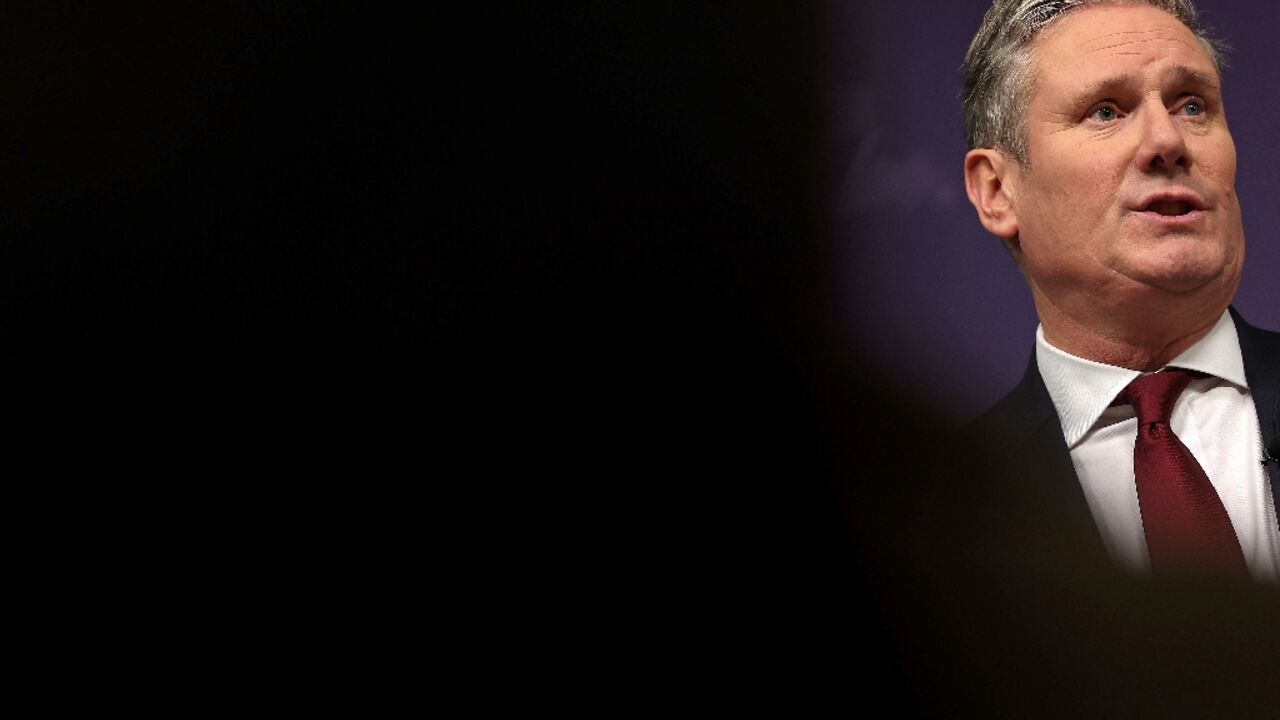
Britain's main opposition leader Keir Starmer on Tuesday sought to defuse an internal row about his stance on Israel's war with Hamas, after he refused to call for a permanent ceasefire.
Starmer, whose Labour party looks set to win the next UK general election, has come under pressure to demand an end to hostilities sparked by Hamas's October 7 attack on Israel.
Instead, the former human rights lawyer has called for a humanitarian pause to Israel's bombardment to allow much-needed aid to reach ordinary Palestinians unable to leave the coastal enclave.
That has put him at odds with senior colleagues, prompting claims that his authority has been undermined, just as Labour needs a rock-solid united front to return to power after 13 years.
Starmer, 61, described Hamas's attack, which Israel says killed some 1,400 people, as "terrorism on a scale and brutality that few countries have ever experienced".
In Gaza, the Hamas-run health ministry has said more than 8,500 have been killed.
"That must drive our response to these events, as must the humanitarian catastrophe in Gaza, which again plays out on a previously unimaginable scale," he said in a speech in central London.
"At every stage during this crisis, my approach has been driven by the need to respond to both these tragedies."
Starmer, a centrist who rooted out anti-Semitism in Labour under his left-wing pro-Palestinian predecessor Jeremy Corbyn, said he would push for a two-state solution if elected to government.
- 'Credible approach' -
But he said while he understood calls for a ceasefire at this stage, including at several huge pro-Palestinian rallies in the UK, he did not believe it was right to do so.
"A ceasefire always freezes any conflict in the state where it currently lies," he told the Chatham House international affairs think-tank.
"As we speak, that would leave Hamas with the infrastructure and the capability to carry out the sort of attack we saw on October 7," he added.
"Hamas would be emboldened and start preparing for future violence immediately."
Pauses in the fighting "for clear and specific humanitarian purposes -- and which must start immediately -- is right in practice, as well as principle," he added.
"In fact, it is, at this moment, the only credible approach that has any chance of achieving what we all want to see in Gaza: the urgent alleviation of Palestinian suffering, aid distributed quickly, space to get hostages out."
"Open-ended military action... without a clear and desired political outcome is ultimately futile," he added.
Israel has a right to self-defence, he said, but it was "not a blank cheque". Nor should it cut off water and power to Gaza, he added.
Equally, he blamed Hamas for causing the deaths of ordinary Palestinians by provoking an Israeli response, and increasing the threat of regional conflagration.
Political agreement was "the only away" to resolve the conflict, he added, urging a "renewed push for all parties to find a way to peace".



